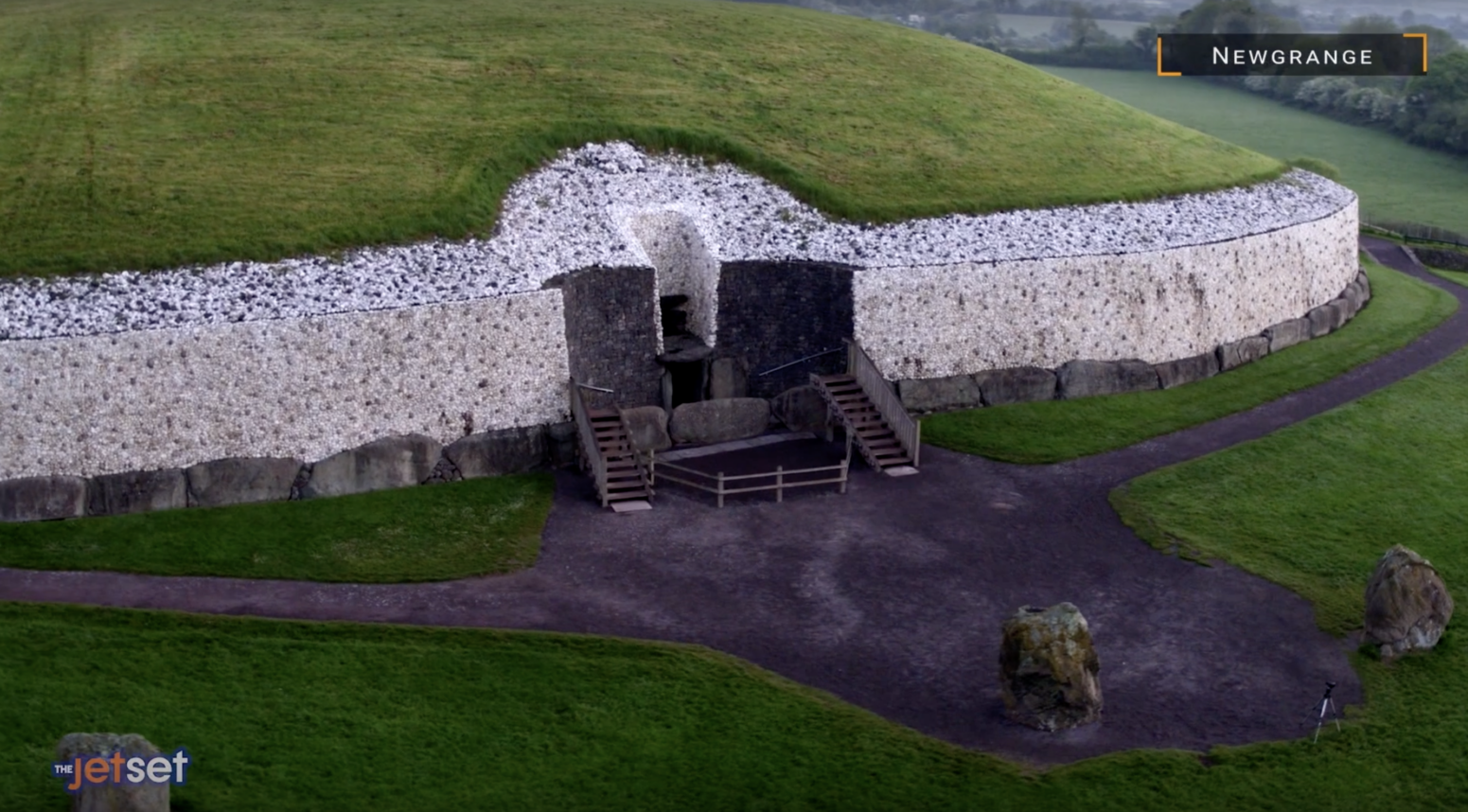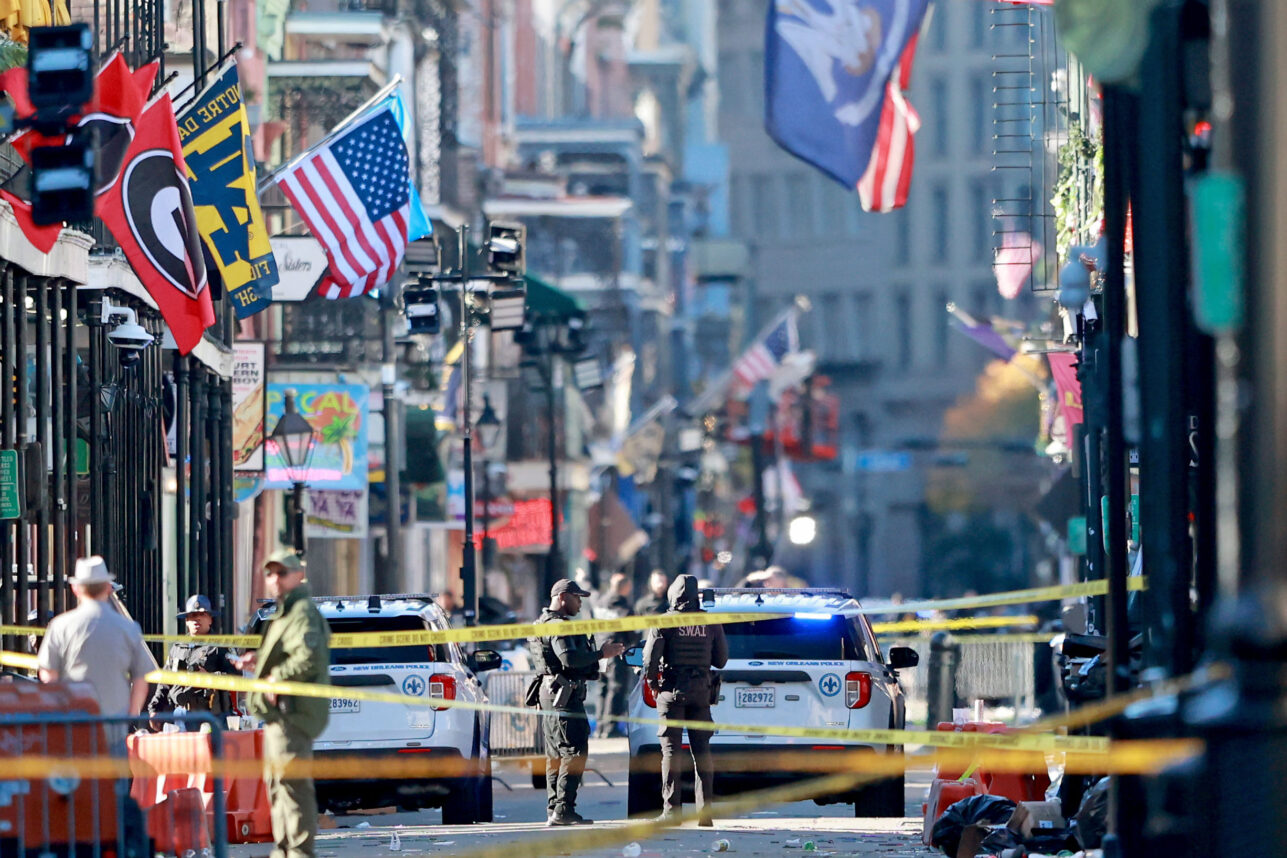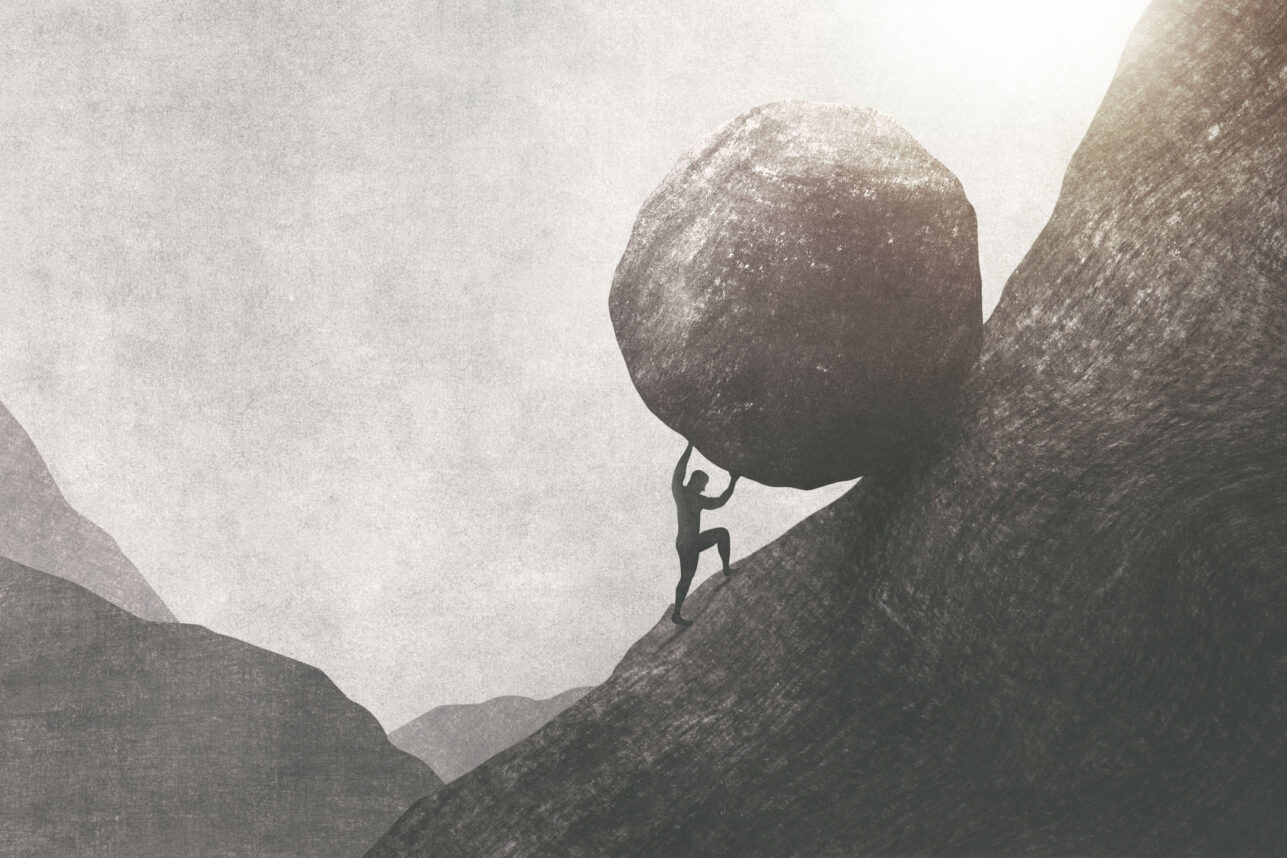Gottfried Wagner was only 9 when he stole a key his father had hidden and slipped into the Festspielhaus, the shrine to his great-grandfather, Richard Wagner.
With his heart pounding, he sneaked into the dusty, dirty rooms above the old set-painting workshop and made a startling discovery. Amid paintings depicting scenes from great-grandpa’s “Der Ring des Nibelungen,” Gottfried found photographs of his grandmother, his father, Wolfgang, and Uncle Wieland with Adolf Hitler. There were thick tomes on racial history and a huge oil painting of the Führer with a menacing Alsatian dog.
Then there was the excursion to the cinema, where he and 500 schoolmates had been forced to watch a documentary about the Third Reich. The horrified boy saw goose-stepping Nazis and piles of corpses at Buchenwald — all set to great-grandpa’s transcendent music.
But when Gottfried asked his father about the connection between Wagner’s music and the terrible pictures, he was curtly told to do his homework. “If I had persisted any further with my questions, I would have been beaten,” Gottfried writes in his controversial new memoir, “Twilight of the Wagners: The Unveiling of a Family’s Legacy” (Picador U.S.A.). His grandmother, Winifred, who celebrated Hitler’s birthday, had another response. “What you have seen is the manipulation and the falsification by the New York Jews,” she said.





















 More news and opinions than at a Shabbat dinner, right in your inbox.
More news and opinions than at a Shabbat dinner, right in your inbox.